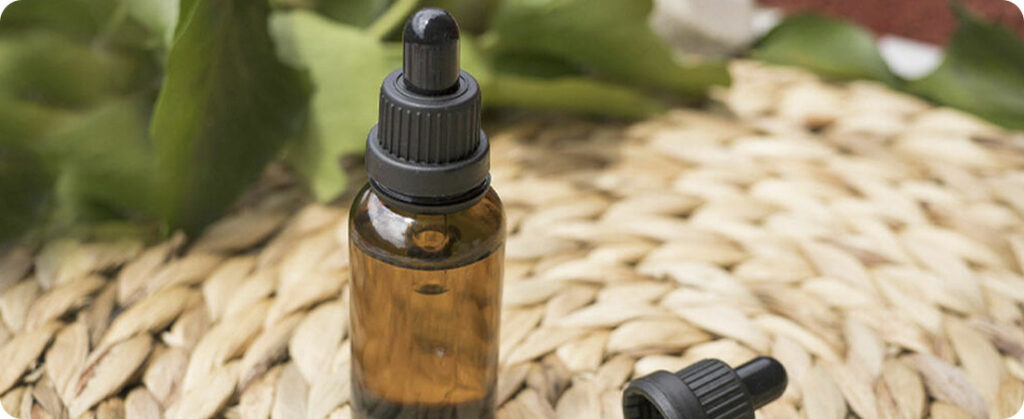
UK food regulators have reduced the recommended safe daily dose of cannabidiol (CBD) due to possible health risks, The Guardian reported.
In a reversal of previous official guidance, the Food Standards Agency (FSA) and its Scottish counterpart have updated their recommendations on cannabis extract, according to the October 12 report.
The updated guidance recommended that healthy adults limit their CBD intake from food to 10 mg/day, which was equivalent to four or five drops of CBD oil at 5%.
The previous advice, dated 2020, had set the much higher limit of 70 mg/day, the report said.
“The more CBD you consume over your lifetime, the more likely you are to develop long-term adverse effects such as liver damage or thyroid problems,” said FSA chief scientific advisor Prof. Robin May. He advised consumers to check the labels on the products they use and consider following the new guidance.
“The level of risk is related to the quantity ingested, in the same way as with other potentially harmful products, such as alcoholic beverages,” he added.
The FSA said the updated guidance was based on new evidence from the industry, as well as input from its independent scientific committee.
UK regulators in limbo over popularity of CBD in consumer products
While there are currently some products on sale that contain more than 10 mg/serving of CBD, the recommendation was advisory and regulators were not requesting recalls of the products, as reported by The Guardian.
One of the non-psychoactive chemicals found in the hemp plant — not the mind-altering THC (tetrahydrocannabinol) — CBD sales have increased with the ingredient's addition to a wide range of products, from carbonated beverages to face creams, according to the report.
More recently, the sector was left in limbo after the FSA began to intervene, according to the report.
CBD products are considered “novel” foods. Before being sold, they require approval, as reported by The Guardian. The FSA has created a list of products, but so far none have received authorization.
According to Marika Graham-Woods, chief executive of the Cannabis Trades Association, the FSA's decision was unfair as the new guidance is advisory only.
“All this does is scare consumers and retailers and prevent the industry from moving forward again. I don’t see any benefit in what they did,” she said, as quoted.
FSA updates recommendations on consumption, highlighting risks above 10 mg/day
Based on the data evaluated, there is “no acute safety risk” with consuming more than 10 mg of CBD/day. However, above this level and over a period of time, there was “evidence of some adverse impacts on the liver and thyroid.”
The FSA has emphasized that people in vulnerable groups should avoid CBD. This includes children, those on medications and women who are pregnant, breastfeeding or trying to become pregnant. It is not recommended for them.
Emily Miles, chief executive of the FSA, advised the public to think carefully about CBD edibles. The association will continue to review its recommendations based on the evidence.
“We understand that this change in our guidance will have implications for products currently on the market that contain more than 10 mg/serving of CBD,” she said. “We will work closely with the industry to minimize the risk of consumers being exposed to potentially harmful levels of CBD.”
Source: Oils & Fats International










